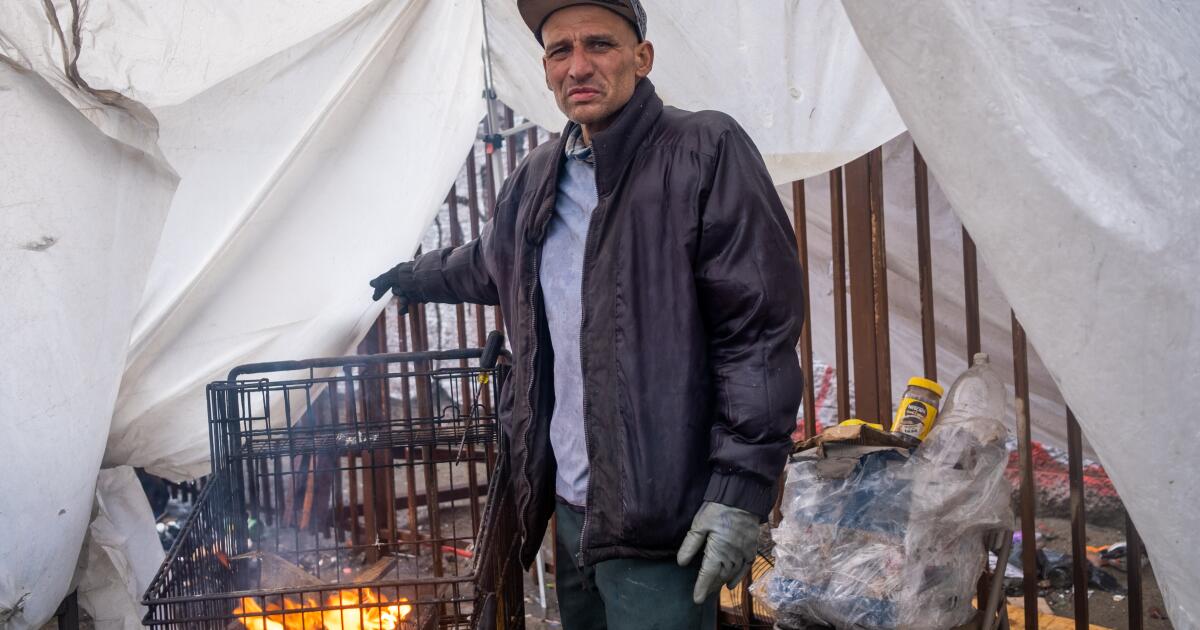If 100 homeless people were given $750 per month for a year, no questions asked, what would they spend it on?
That question was at the core of a controlled study conducted by a San Francisco-based nonprofit and the USC Suzanne Dworak-Peck School of Social Work.
The results were so promising that the researchers decided to publish results after only six months. The answer: food, 36.6%; housing, 19.5%; transportation, 12.7%; clothing, 11.5%; and healthcare, 6.2%, leaving only 13.6% uncategorized.
Those who got the stipend were less likely to be unsheltered after six months and able to meet more of their basic needs than a control group that got no money, and half as likely as the control group to have an episode of being unsheltered.



We did actually do it though, COVID payments. Remember how corporations immediately went on a money grab and inflation immediately kicked in and now we have permanently higher prices? The fed stated 1/3 of the inflation was directly from the universal stimulus money. Printing money for everyone has good and bad factors.
I think people would treat a recurring payment they can depend on every week/month differently than a one-time thing that only happened in the middle of a pandemic.
The Fed lied. Also, those one time payments were largely created money, not circulated money. Which is just asking for inflation. Finally, corporations got far more than people did and decided to ruin away with the gains anyways. The lesson there isn’t UBI bad, it’s that trusting corporations to do the right thing is bad and having strict regulatory enforcement is good.